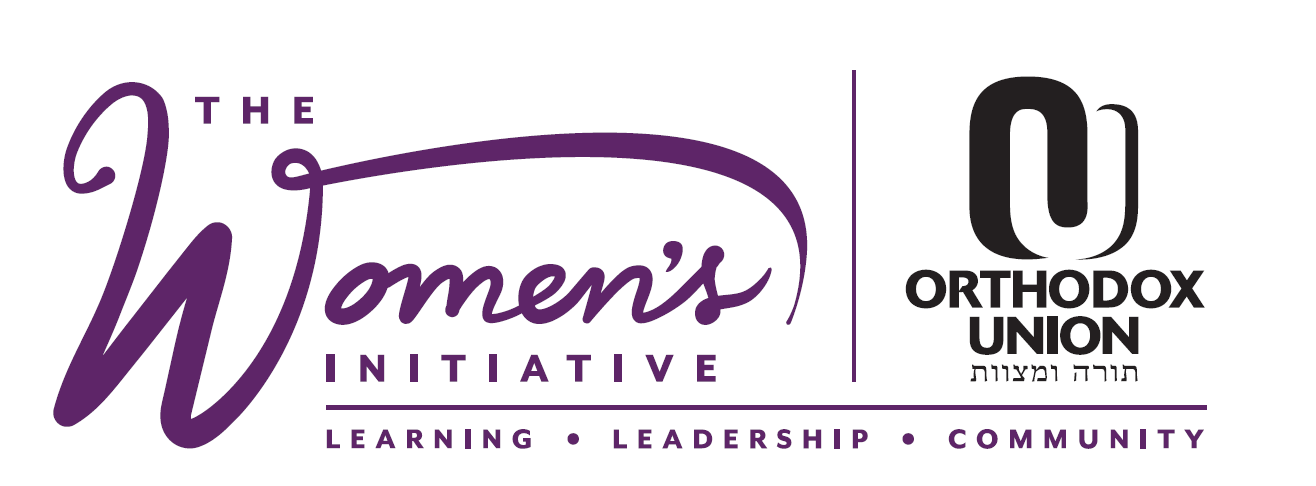38. Bikur Cholim on Shabbat and in Other Situations of Illness
Dedicated by Fran Broder as a zechus for the hostages to be released safely to their families and may everlasting peace come to Eretz Yisrael in the merit of learning Hilchot Bein Adam L’Chaveiro
1. One may fulfill the mitzvah bikur cholim on Shabbat (Shulchan Aruch, O.C. 287:1). It is preferable to visit during the week rather than on Shabbat if one has a choice (Mishnah Berurah 287:1) since visiting the sick may cause one to feel sad or despondent (see Shabbat 12b). Nevertheless, one may visit on Shabbat if it is difficult or impractical to visit during the week (which is often the case nowadays), or one visited already and wishes to visit again (Bi’ur Halacha, O.C. 287:1; Aruch Hashulchan, O.C. 287:1).
2. Although patients in a coma may not be conscious of others in their presence, one may still fulfill the mitzvah of bikur cholim when visiting them. This is because some of the reasons for the mitzvah are still somewhat relevant: one can still encourage the medical staff to care for them properly (if needed), one can still pray for them, and perhaps the person is somewhat aware of those around them on some level (R. Yitzchak Zilberstein, Chashukei Chemed, Nedarim 40a). One may also fulfill the mitzvah when visiting one who is mentally ill to the point that they cannot function normally, as this is also a type of illness (Sefer Halachah Urefuah, vol.2, p.275; Sefer Nafshi B’she’eilati). Poskim discuss whether one should visit a sick patient with a contagious illness (See Responsa of the Rema, Siman 20; Sdei Chemed, Maarechet Bet, #116), which was very relevant at the height of the COVID pandemic. Today, the accepted practice is not to visit, or to visit in a manner that one does not risk contracting the illness. Alternatively, one should consider contacting the person through one of the other methods to fulfill the mitzvah, such as phone call, text message, or the like.

